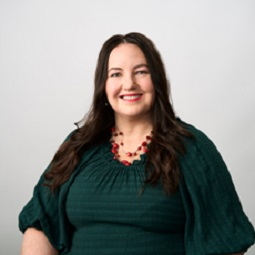
Susan Lamb (NZ/PT)
International (Criminal) Lawyer and Former Judge
SUMMARY:
Although the UN Convention against Corruption (UNCAC) requires its 190 parties to criminalise several corrupt acts, kleptocrats and their co-conspirators often enjoy impunity by abusing their control over the administration of justice. This gap has inspired a growing coalition of governments and civil society organizations to advocate for an International Anti-Corruption Court (IACC) to hold corrupt public officials, bribe payers and money launderers accountable for grand corruption when national governments are unwilling or unable to enforce laws required by the UNCAC. The IACC should be designed to deter corruption offenses; recover and repatriate illicit assets for victims’ benefit; and help assist and develop the capacity of national anticorruption institutions. Susan Lamb is a member of the expert group drafting an IACC treaty. She will present the expert group's approach to designing an effective institution based on lessons learned from existing and past international courts and drawing on novel approaches to enhancing anti-corruption accountability in various jurisdictions.
SUSAN LAMB BIO:
Susan Lamb is currently a Fellow at The New Institute, Hamburg, and a member of the Advisory Committee (under the auspices of Integrity Initiatives International) guiding the development and creation of an International Anti-Corruption Convention (IACC). She was a Commonwealth Secretariat-supported Justice of the Supreme Court of Belize (Criminal Division) (2022-2023), a member of the Certified Institute of Arbitrators (CIARB) and a Crown Counsel with New Zealand's Crown Law Office (2023-2024). She is a senior international criminal justice expert with rich investigative, prosecutorial, judicial support, advocacy, and diplomatic experience within significant roles before various United Nations international and hybrid criminal tribunals, as well as with significant UN and governmental consultancy experience in anti-corruption, counterterrorism and international accountability projects. She was educated at Otago University, New Zealand, and Oxford University, where she was a Rhodes Scholar (New Zealand and Balliol, 1992).